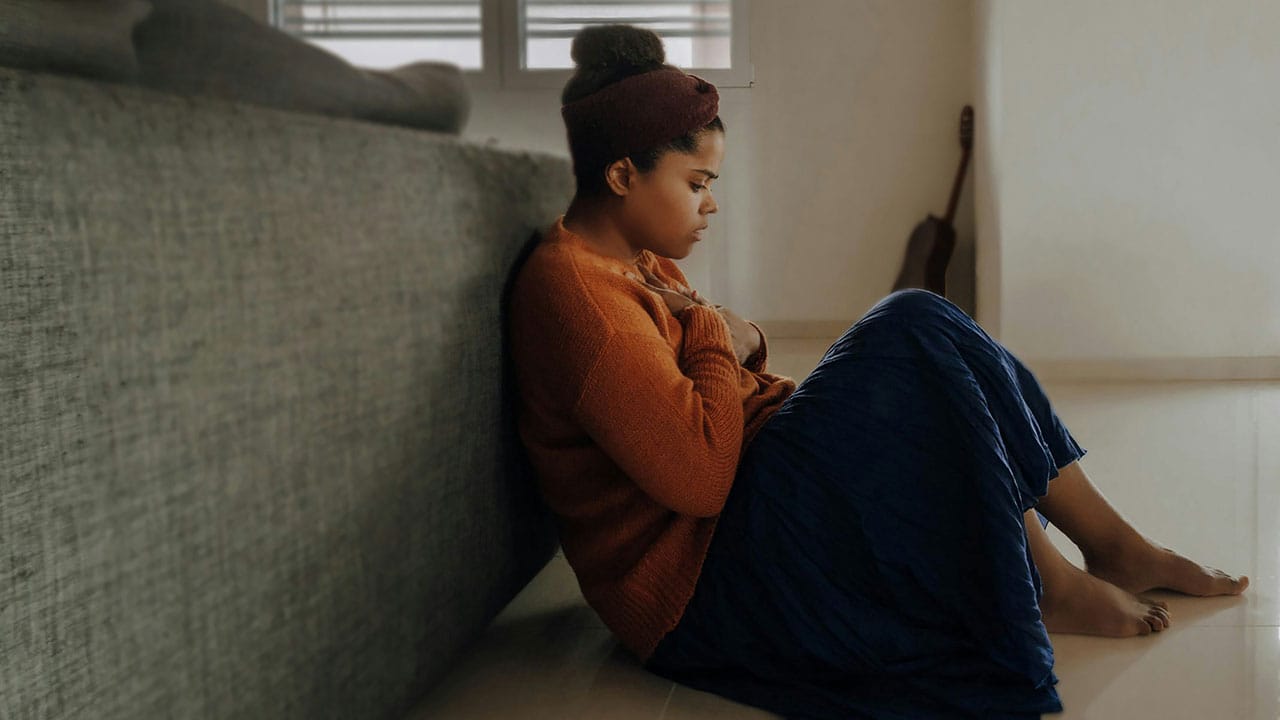The mental health crisis among Black men in the United States is a profound and urgent public health issue that cannot be understood through a narrow clinical lens. It is the direct result of a confluence of powerful, interlocking forces that create a disproportionate mental health burden. The higher rates of psychological distress observed in this community are not a sign of weakness but a rational response to an irrational and often hostile environment. To develop any meaningful therapeutic intervention, it is first necessary to deconstruct these foundational stressors: the enduring trauma of systemic racism, the restrictive confines of societal masculinity norms, and the profound impact of socioeconomic disparities.
The Enduring Trauma of Systemic Racism
For Black men in America, racism is not an abstract concept or an occasional event; it is a persistent, environmental stressor that inflicts deep and lasting psychological wounds. This reality demands a reframing of trauma itself, moving beyond a focus on discrete events to recognize racism as a chronic and cumulative condition. The Centers for Disease Control and Prevention (CDC) has formally declared racism a serious threat to public health, acknowledging that it places communities of color at a greater risk for poor health outcomes. This systemic reality functions as a constant source of stress, forcing Black men to navigate a world filled with daily microaggressions, institutional bias, and the ever-present threat of violence.
This sustained cognitive and emotional load gives rise to a condition known as “racial battle fatigue,” a state of chronic psychophysiological stress characterized by hypervigilance, emotional exhaustion, and frustration. The symptoms of this condition closely mirror those of post-traumatic stress disorder (PTSD), suggesting that for many Black men, the act of living in a racialized society is akin to living in a perpetual state of trauma. This is tragically compounded by disproportionately high rates of direct trauma exposure. Nearly 65% of African American youth report experiencing traumatic events, a rate more than double that of their peers from other ethnic groups. This includes significant exposure to community violence and police brutality, which are direct contributors to the development of PTSD and other severe mental health conditions.
Furthermore, this trauma is not confined to a single lifetime. A growing body of research supports the concept of intergenerational trauma, which suggests that the profound psychological and physiological impacts of historical atrocities—from the brutality of enslavement to the oppression of segregation—can be passed down through generations. This inheritance can manifest as a predisposition to anxiety, mood dysregulation, and a heightened stress response. This places the mental health struggles of contemporary Black men within a long, unbroken historical continuum of collective wounding. Any therapeutic approach that fails to recognize racism as the primary, ongoing traumatic environment will inevitably fall short, as it attempts to address the symptoms while ignoring the fundamental source of the injury.
The Confines of Masculinity
Layered upon the external pressures of racism are the internal pressures of restrictive masculinity norms. Society has long imposed upon Black men the archetype of the “strong Black man”—a figure defined by default strength, toughness, and emotional invulnerability. This ideal did not emerge in a vacuum; it was forged as a necessary survival mechanism, a form of psychological armor against a society that often perceives Black men as threats and denies them the space for vulnerability. However, this armor is a double-edged sword. While it may serve as a shield against external hostility, it simultaneously functions as a self-imposed cage that prevents internal healing.
The core tenet of this archetype is the suppression of emotion. Black men are socialized to “shove our emotions down” and suffer in silence, as vulnerability is often equated with weakness and a failure to adhere to masculine ideals. This creates a profound internal conflict. The very process of therapy, which requires emotional expression, self-disclosure, and vulnerability, is framed as a direct contradiction to these established norms of manhood. Seeking help is often perceived not as an act of strength but as an “admittance that you have weaknesses”. This creates a tragic paradox: the coping mechanism developed to survive the trauma of systemic racism becomes a primary barrier to healing from it. The tool for external survival actively sabotages the process of internal recovery, leaving many Black men isolated with their pain, unable to seek the support they desperately need.
Socioeconomic Determinants of Mental Health
The psychological burden carried by Black men is further intensified by deeply entrenched socioeconomic disparities. There is a direct and well-documented correlation between poverty and poor mental health outcomes. Black adults living below the poverty line are more than twice as likely to report serious psychological distress as those with greater financial security. This is not an indictment of individual character but a reflection of a system that has historically and continually excluded Black communities from equitable access to health, educational, social, and economic resources.
These systemic inequities result in the significant overrepresentation of Black individuals in high-risk populations where the precursors to mental illness are rampant. Despite making up only about 13% of the general population, the Black community constitutes approximately 40% of the U.S. homeless population, 50% of the prison population, and 45% of children in the foster care system. These environments are characterized by instability, exposure to violence, and profound trauma, creating a vicious feedback loop. Socioeconomic deprivation increases the risk of exposure to trauma, which in turn increases the risk of developing a mental health condition, further complicating the path to economic stability. This intersection of racism, classism, and health inequity ensures that the mental health needs of Black men are not only exacerbated but also largely unfulfilled. Understanding these interconnected pressures is the first, essential step toward forging new pathways to healing.
Final Thoughts
The mental health challenges faced by Black men are not the result of individual weakness but are a rational response to the immense weight of a hostile environment. This burden is multifaceted, stemming from the chronic, cumulative trauma of systemic racism which can manifest as “racial battle fatigue” , the restrictive confines of masculinity that frame vulnerability as a failure , and the vicious feedback loop created by socioeconomic disparities that increase exposure to trauma. These forces are deeply interconnected, creating a complex crisis that demands a nuanced understanding. Recognizing that these systemic and societal pressures are the foundational source of the injury is the most critical prerequisite for developing any meaningful path toward healing.














